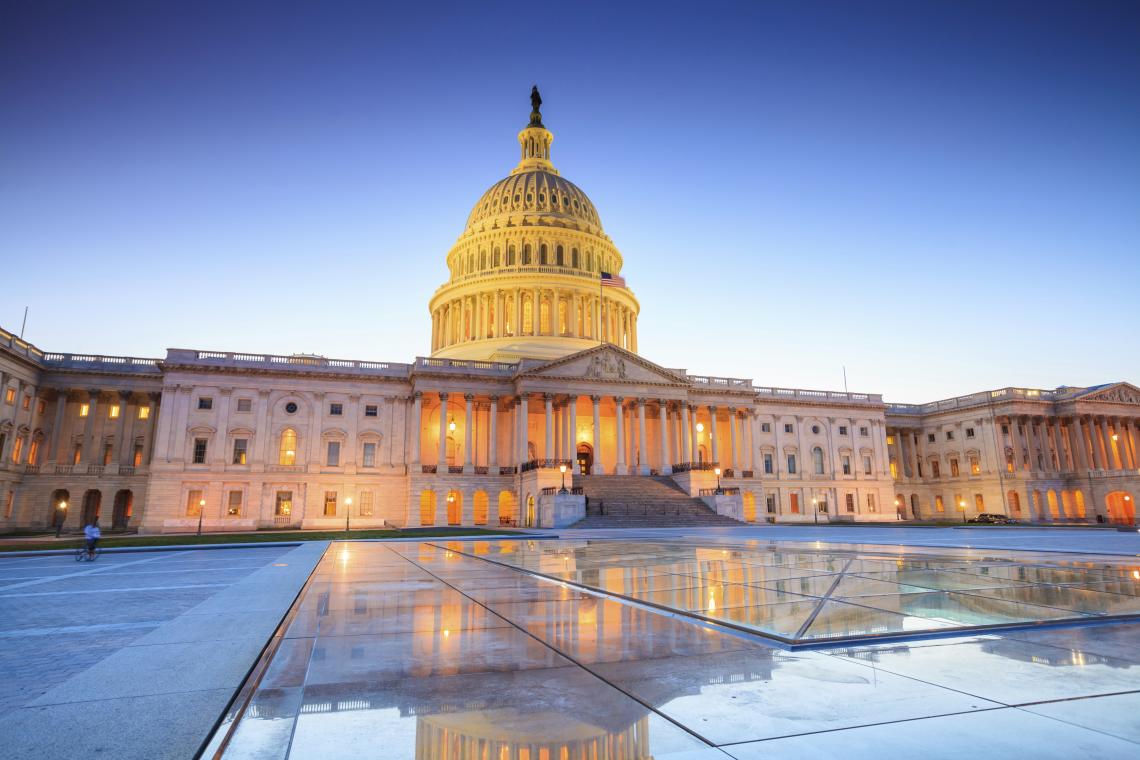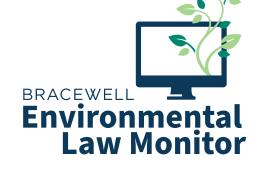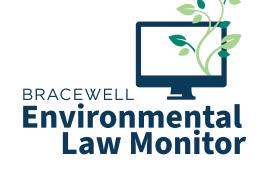
Inflation Reduction Act
FTC Bans Nearly All Non-Compete Agreements
The Federal Trade Commission (FTC) on Tuesday issued a final rule banning non-compete agreements that prevent workers from working for a competitor or starting a competing business (the Rule). The Rule requires employers to provide notice to workers, except for...
Breaking Down the Congressional Review Act: A Special CRA Explainer
In a special crossover episode with Bracewell’s Policy Resolution Group (PRG) podcast The Lobby Shop, Daniel Pope and Taylor Stuart sit down with PRG’s Liam Donovan and Joe Brazauskas to do a deep dive on the Congressional Review Act, a...
US Supreme Court Holds That Pure Omissions Are Not Actionable Under Federal Anti-Fraud Rule
In a unanimous decision, the US Supreme Court held that pure omissions are not actionable under Rule 10b-5(b) under the Securities Exchange Act of 1934. [1] Rather, the Court found that Rule 10b–5(b) prohibits half-truths, not pure omissions, because the...
BOEM Finalizes Long-Awaited Overhaul of Offshore Oil and Gas Financial Assurance Regulations
The Bureau of Ocean Energy Management (BOEM) announced its finalization of a rule substantially revising the financial assurance requirements applicable to offshore oil and gas operations. The final rule revises criteria for determining whether oil, gas, and sulfur lessees, right-of-use...
Pregnant Workers Fairness Act: Long Anticipated Final Rule Published by the EEOC
The U.S. Equal Employment Opportunity Commission (EEOC) issued its final rule and interpretive guidance implementing the Pregnant Workers Fairness Act (PWFA), which became law on June 27, 2023. Employers previously relied on the EEOC’s proposed rule for guidance in implementing...
SEC Climate Disclosure Rule
Kevin Ewing led a tight, focused discussion of what matters in the new SEC climate disclosure rule. He discussed the key points of concern, their practical implications for mandatory and voluntary reporting, the status of rule-blocking litigation, and next steps...
Compliance Isn’t the Only ‘AI Washing’ Risk
Bracewell’s David Shargel shared with Legal Dive why AI washing considerations, as well as the numerous other risks associated with AI, must become part of the compliance “playbook” for any company using artificial intelligence.
Women in Environmental Law: Practical Advice You'll Actually Use
Women have become more prominent and influential in environmental law. What better time to celebrate and recognize women lawyers than during Women’s History Month? On this episode of the Bracewell Environmental Law Monitor, host Taylor Stuart is joined by three...
ShapeShift Fine Epitomizes SEC’s Crypto Policy, and its Flaws
A recent SEC order imposing a fine on former cryptocurrency exchange ShapeShift for failing to register as a securities dealer showcases the SEC’s regulation-by-enforcement approach, but the dissent by two commissioners raises valid concerns that the agency’s embrace of ambiguity over clarity risks hampering the growth of the crypto economy, writes Bracewell’s Keith Blackman.
Beyond Whistleblowing: Additional Highlights From the Department of Justice at the 2024 ABA White Collar Conference
As we wrote earlier this month , the Department of Justice (DOJ) made significant news at the recent American Bar Association White Collar Conference. But the Department didn’t stop at announcing its pilot whistleblower incentive program — Deputy Attorney General...
Increasing Antitrust and Potentially Other Scrutiny for Defense M&A Deals
Mergers and acquisitions involving companies that conduct business with the federal government present a unique set of challenges. Several statutes and regulations are implicated in such corporate transactions, whether the federal government is a company’s smallest customer or its only...
The SEC’s Final Rules on Climate-Related Disclosures: A Guide for In-House Counsel
The US Securities and Exchange Commission’s recently adopted rules governing climate-related disclosures, although significantly pared back from the rules proposed two years ago, represent a major change to the existing public-company disclosure regime. The rules require that public companies include...
FINRA Facts and Trends: March 2024
Welcome to the latest issue of Bracewell’s FINRA Facts and Trends, a monthly newsletter devoted to condensing and digesting recent FINRA developments in the areas of enforcement, regulation and dispute resolution. This month, we report on FINRA’s focus on uses...
Protecting Energy Investments in Europe: UK Announces Withdrawal From the Energy Charter Treaty
On 22 February, the UK announced its intention to withdraw from the Energy Charter Treaty. According to Energy Security and Net Zero Minister Graham Stuart, the decision will support the UK’s transition to net zero and strengthen its energy security...
Innodata Suit Highlights ‘AI Washing’ Liability Risk for Cos.
A class action against software company Innodata over so-called AI washing, underscores the litigation and enforcement risks that can arise from the SEC’s novel theory about misleading artificial intelligence capabilities, writes Bracewell’s David Shargel, Rachel Goldman and Patrick Morley.
 Skip to main content
Skip to main content















